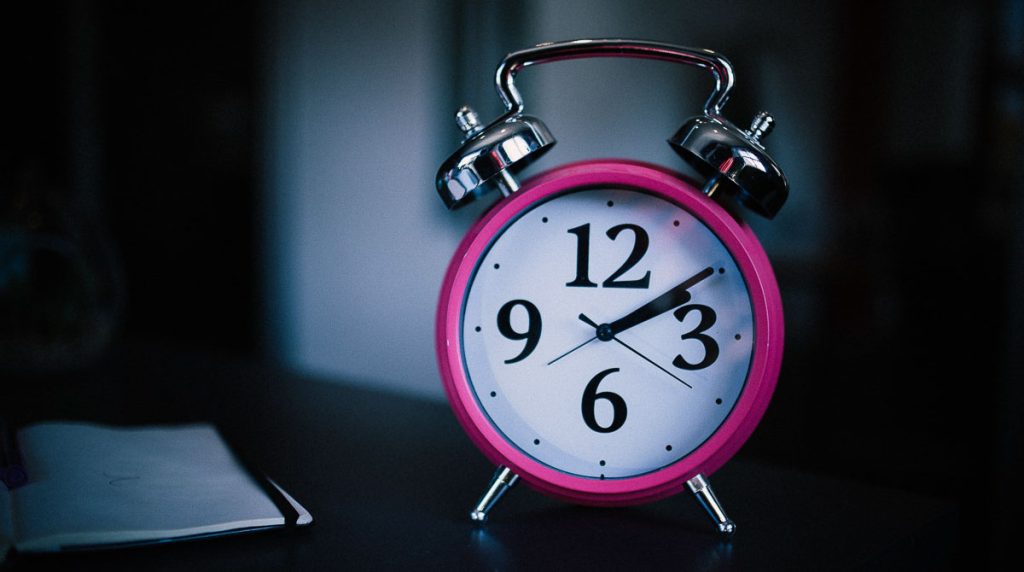Sleep Health
Are you having trouble sleeping?
It’s normal to want to find an easy fix to get a good night sleep, such as a magic meal or drink that makes you drowsy. But let’s be realistic. Sleep is a complex process that is influenced by a variety of factors, such as physical and psychological health, sun intensity, and underlying medical conditions.
As sleeping issues are one of the most popular problems with ageing, we organised an education session for our consumers and for the community on how to improve sleep health on 12th May 2022. We were very lucky to have Dr Stuart Miller, the director of the Canberra Sleep Health Clinic as our guest speaker. In this presentation, Dr Miller explained how we could get good sleep by introducing good sleep hygiene practices. During his presentation, Dr Miller advised an adult of 26-64 age should have around 7-9 hours of sleep daily, while 65+ adults need around 7-8 hours of sleep per day.
As Dr Stuart Miller suggests, sleeping issues can be a result of some practices that we sometimes follow habitually. He touched on how coffee and other beverages containing caffeine can have obvious impacts on the duration and quality of sleep. As well, alcohol consumption or smoking has been recognised as contributing factors to preventing a good night’s sleep. Chronic pain and other uncomfortable illnesses that come with the age, and elevated stress levels from work or events in people’s personal life, all can contribute to a poor night’s sleep. Further, Dr Stuart explained that sleep deprivation has been linked to depression. In fact, sleeplessness, or difficulty falling and remaining asleep, can be a typical symptom of depression, stress or anxiety. Furthermore, many older people take a range of medicinal treatments and medical drugs, some of which may contribute to sleeplessness.
Commonly, many people complain that they are deprived of sleep. This may be due to changes in the hypothalamus (the master clock in the brain). According to Dr Stuart Miller, those with “normal” sleep patterns should have sleep onset generally less than 30 minutes after lights out within a usual environment. Dr Stuart also confirmed that in older people, it is normal to wake up 2-3 times in the middle of the night. This may be partly to do with the fact that as our kidneys continue to produce fluids throughout the day and night, however, if people begin to wake 4-5 times per night, it could be worth having a chat with your GP. If you notice sleepless nights, late sleeping, wakefulness or daytime impairment for more than 3 months, this can lead to a diagnosis of Chronic Insomnia. Insomnia is a sleep condition that causes difficulty sleeping and/or staying asleep. The disorder might be short-term (intense) or persistent (chronic). It may also appear and disappear. Acute insomnia can extend from one night to many weeks. Chronic insomnia arises if it occurs at least three nights per week for three months or longer. And it must be properly addressed with the assistance of a doctor.
Some symptoms of insomnia include:
- Overnight waking;
- Having trouble falling asleep at night;
- Tiredness or drowsiness during the day;
- Difficulties paying attention, concentrating or remembering;
- An increase in errors or accidents;
- Waking up in the middle of the night;
- Not feeling refreshed after a good night’s sleep; or
- Anger, despair, or anxiety.
When you’re wide awake at 3 a.m., getting a decent night’s sleep seems like an unachievable objective, but you have far more power over the quality of your slumber than you probably know. Just as how you feel throughout the day is largely determined by how often you sleep at night, the solution to sleep problems is often available in your everyday routine.
Tired of waking up in the middle of the night? Trying a few of these straightforward suggestions may help improve your sleep, improve your mood and allow you to be more energised and productive during the day;
- a regular day-night routine is essential, whereas a nap in the afternoon may delay the start of sleep;
- avoid exercise in the early evening;
- write down problems for you to deal with the next day;
- 2 hours before bedtime, reduce the amount of bright light exposure;
- recognise the sleep wave at your typical bedtime and go to bed when you’re tired and sleepy;
- get into a warm comfortable bed, and ensure your bedroom is a quiet and comfortable environment;
- after reading for up to 20 minutes, switch off the lights and electric blanket; and
- get up at a consistent time in the morning, even if you’re late getting to bed.
Remember it’s fine to wake up in the middle of the night! Use rewarming and reading techniques, and if you are still awake, it may help to get out of bed and wait until the next following sleep wave comes along. Given the complexities of diet and sleep, it may be much more relevant for many individuals to focus on the overall picture – good sleep and nutrition patterns — than particular meals and beverages. Eat healthily by limiting processed and high-free sugar meals and minimise caffeine, alcohol, and nicotine consumption.
If you are unable to function throughout the day due to sleeping issues, it might be a good idea to consult your doctor to determine the reason for your sleeplessness and how it may be addressed. If your doctor suspects you have a sleep condition, you may be recommended to a sleep clinic for more testing.
We hope this helps. Sweet dreams everyone.


